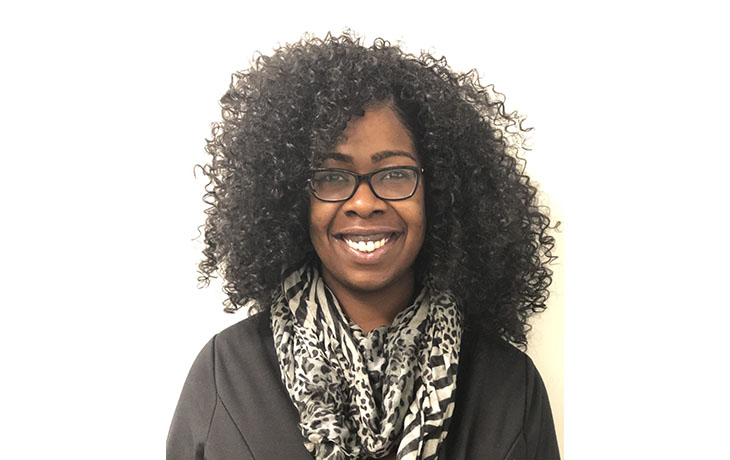by Megan Kirk
Over the years, health insurance has become a hot button issue in politics, the healthcare system and with consumers alike. With high costs and sometimes impossible qualifiers, access to quality health insurance continues to be a barrier in Black and underrepresented communities. In addition, now slowly making its way into the conversation are plans about the afterlife. Life insurance and personal wishes are quickly showing why it too needs to be a conversation amongst families.
The average cost of a funeral in Michigan can range up to $10,000. COVID-19 has caused a surge in both illness and death. While a national health crisis was not anticipated, both health and life insurance companies have gone into overdrive to provide medical coverage and pay burial expenses for all manners of death.
For life insurance, customers can take one of two routes: securing their families for a specific time frame or choosing a policy that will span one’s lifetime. While costs are different from plan-to-plan, each offers its own benefits despite the costs.
“There’s two main categories such as permanent policies and term policies,” says Arielle Wells, a licensed sales representative for a major life insurance provider. “Term policies are going to be a lot cheaper, but they are only going to last a specific term. Permanent policies include things life whole life policies and universal life policies which will last the rest of your life.”

Arielle Wells
According to a 2020 study released by Haven Life, while African Americans are more likely to get life insurance either through an employer or individual plans, they are severely underinsured. While Black people have plans that on average pay $50,000, their White counterparts have plans upwards of $150,000.
A common misconception is the affordability of the policy. Establishing a life insurance policy does not meet the cost many may have in their minds. For healthy individuals, rates could be low. However, costs should not deter a shopper.
“There are so many different factors that go into life insurance premiums. It goes by your age, health status and gender,” says Wells.
“I can say typically children 20 to 25 bucks a month or less for a permanent policy and for adults it depends on the type of policy you want and all those other factors.”
According to a study by New York Life Insurance Company, In the Black community, 83 percent believe life insurance is key to providing for their family post mortem. However, there may still be a general mistrust for life insurance. There is also the thought of planning for the afterlife.
“There’s this history of being scammed and so there’s this hostility that you see in our community when it comes to that. There’s a distrust,” says Tamara Walker, an independent Michigan life insurance agent.
What happens if you become too sick to speak for yourself? An Advanced Directive can be another helpful tool when planning for passing on. This document will provide healthcare instructions in the case one develops an illness that impairs one’s ability to think, speak or act on. The illness of her sister inspired one local woman to prepare her family for the inevitable.
“I had been thinking about doing this for a while. When my sister Cynthia was terminally ill and I saw her children struggling with how to handle what she would want to be done — she would not talk to them about her diagnosis or what her wishes were — I decided that it was time for me to put my wishes in writing so my children will know exactly what my wishes are,” says Gwendolyn Ray.
Now, the 72-year-old Detroiter has a directive in place thanks to the help of the Beaumont Health system. The hospital held a class guiding individuals on taking steps in establishing the plan all in an effort to ease a heavy load.
“I think the Health Care Directive will help my children and family know exactly how everything should be handled and it will take a great weight off their shoulders during a very difficult time” says Ray.
An Advanced Directive also allows the planning of difficult conversations where clear directions on your wishes can be expressed. It also gives the ability to elect a patient advocate. This person will act as your direct representative and will be responsible for speaking on your behalf.
No one likes to talk about death, but planning for it and being sure family members are prepared should be a priority. Leaving a burden on loved ones for final expenses can be avoided with proper planning and execution.